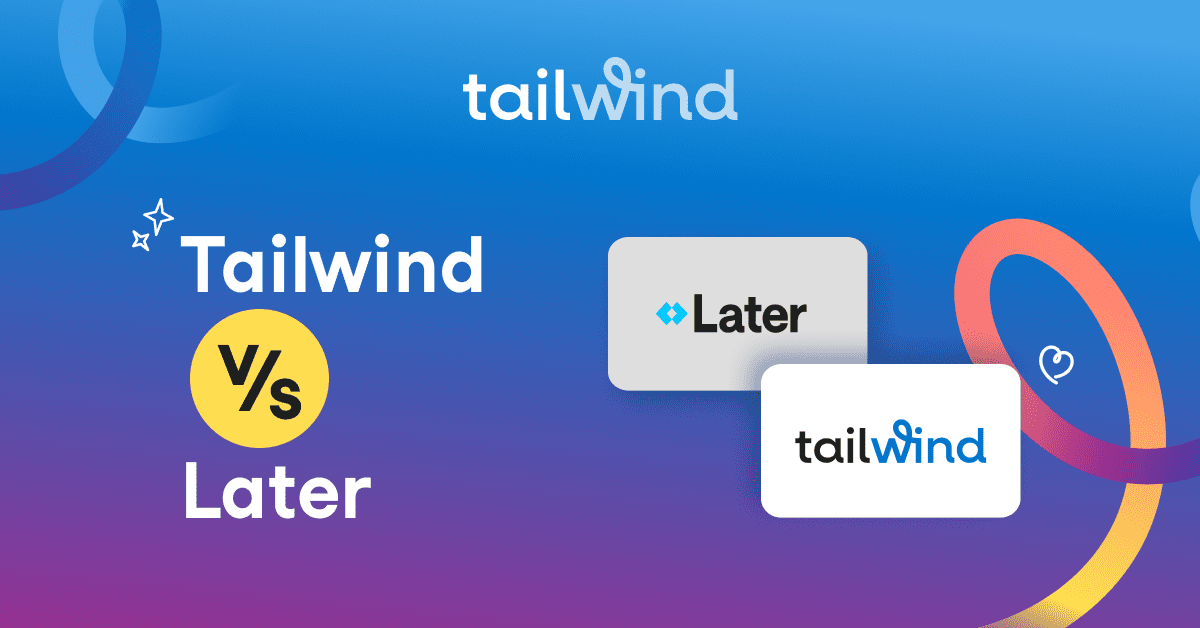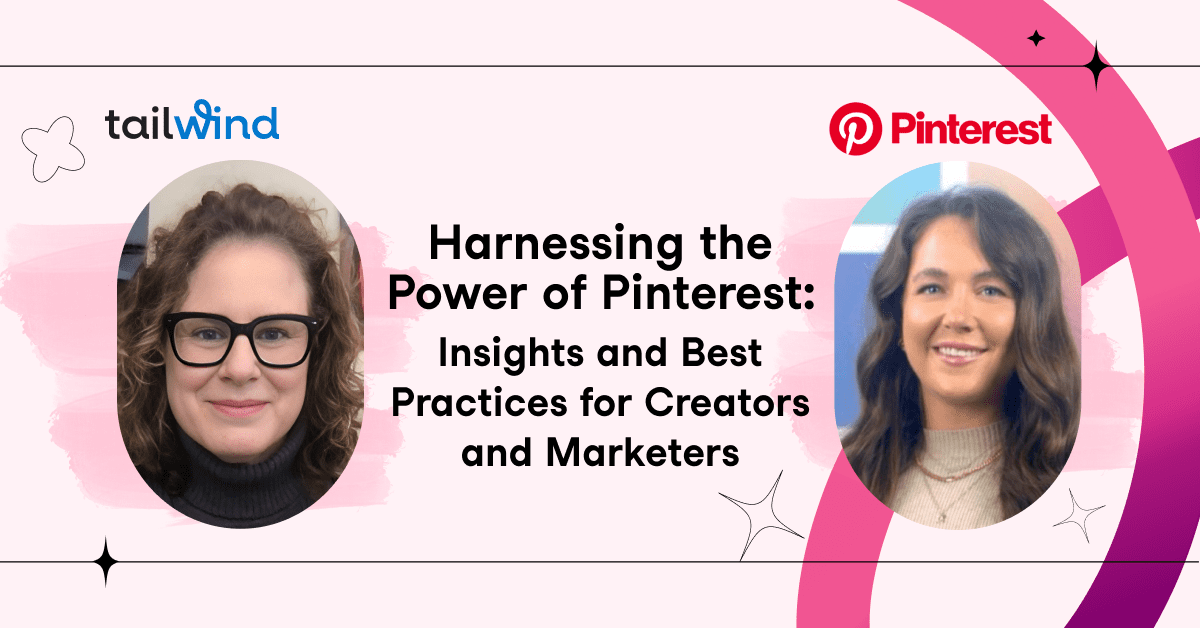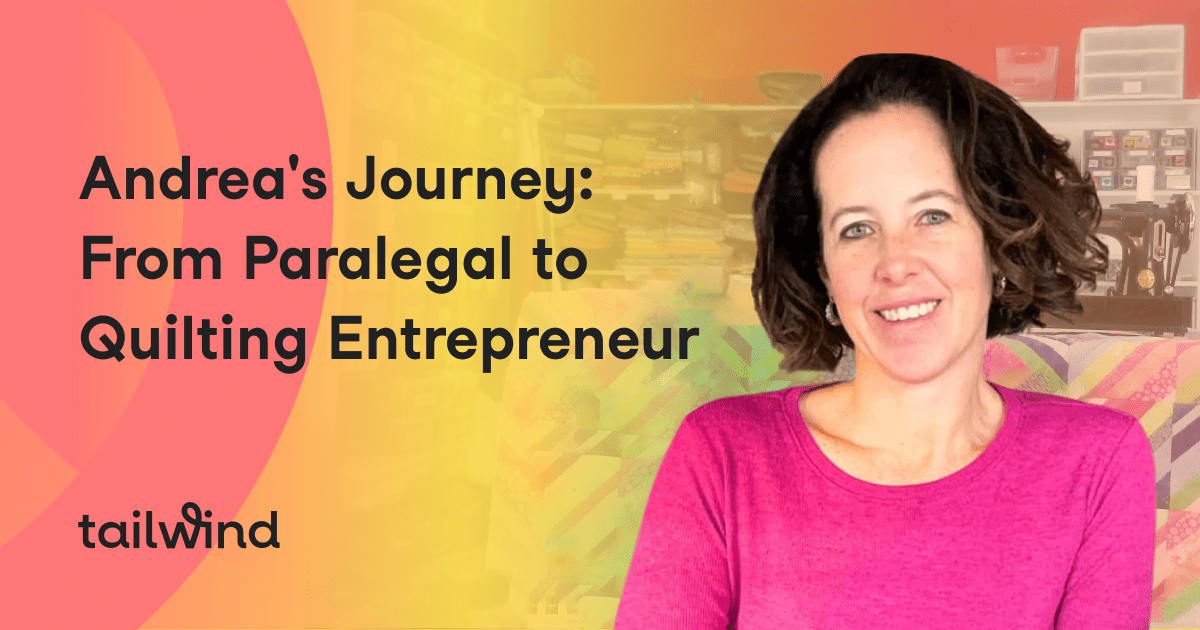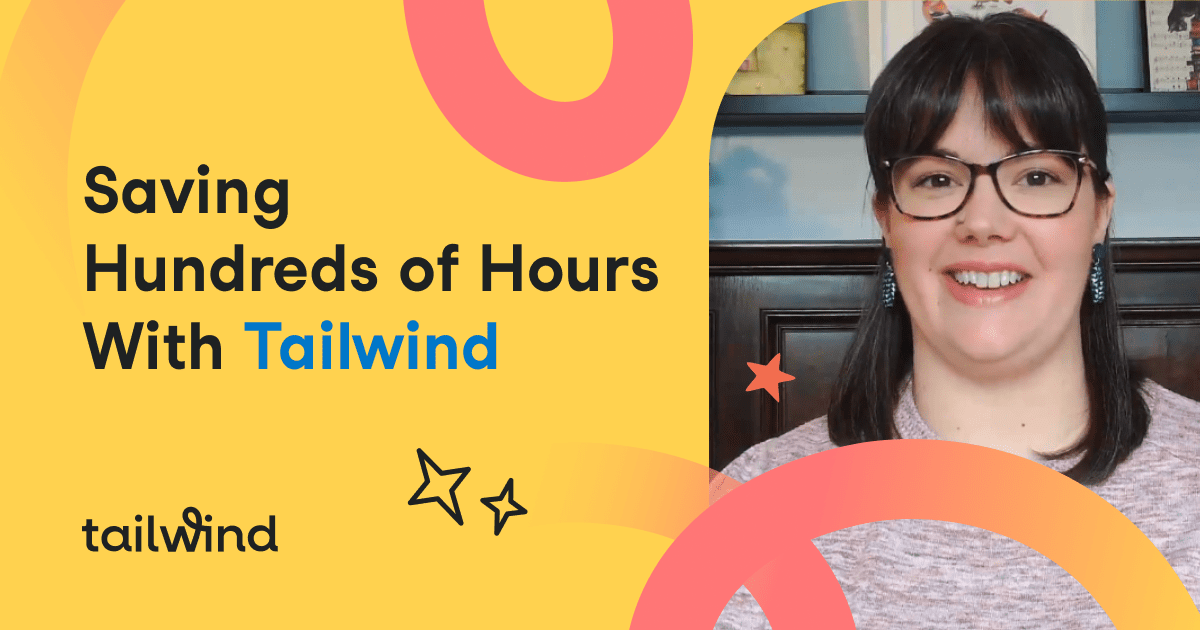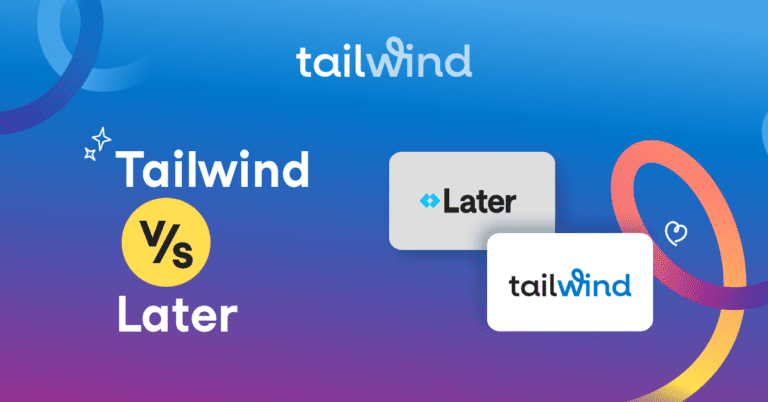
Kevin and Christine Skelton met on a rock-climbing expedition and although they didn’t hit it off right away, little did they know they would one day embark on the adventure of a lifetime. Not just the adventure of getting married and having a couple of kids, but deciding to take life into their own hands.
Christine and Kevin were tired of long commutes, expensive housing, and hardly getting to see their two children. And after they took a 6-month sabbatical to RV around the country, they fell in love with the freedom of adventure.
Once that trip ended they went back home, eventually moved across the country, and got settled in their careers. But the open road was always in the back of their minds, begging them to return.
At first, it felt like a faraway idea, maybe once they retired, maybe in ten years, until Kevin had an idea. Maybe they could stop doing the same things that were making them unhappy and instead choose a different way of life altogether. Maybe they could do it right now.
When the idea was presented, Kevin and Christine both knew they had to try and make it work. They downsized, they made a financial runway (more on that below!), they saved and invested, they bought an RV, and they made the plunge.
Looking back, it was the best decision they ever made because they went from barely making it and feeling like they were banging their heads against the wall, to embarking on the most ambitious and rewarding adventure of their life thus far.
They took the reigns of life into their own hands and decided to stop letting life happen to them, but instead, create a life that worked for them.
Christine and Kevin have tons of great advice from living in an RV with kids, the perks of homeschooling, financially preparing yourself, and taking the risk of entering the unknown.
In the words of Kevin, “Even if you’re not necessarily into the idea of living in an RV, there are lots of different ways to improve your life. If you’re unhappy with the way things are in the moment, you can always change things up.”
This interview is one-of-a-kind, just like this family, and I hope you enjoy it as much as I did!

What about the RV life made you both fall in love and want to make it permanent?
Christine: It was an amazing experience. At the time, we thought it would just be six months. Living in an RV long-term didn’t even cross our minds. It wasn’t necessarily something we even wanted, but then we kept thinking back to it.
It was amazing to travel, but not just that it was the combination of travel and freedom.
Christine Skelton
That combination kept coming back to us, and we thought maybe we would RV again 10 years down the road. Maybe do another sabbatical or in retirement, as a lot of people do. But then we started thinking, well, how can we make this possible in the shorter term?
Kevin: Part of it was wanting to get out of the DC area. We loved it there, but over time the traffic, the high house prices, and the city life, in general, make you think, maybe there’s something else. I think the imagination just kind of ran wild at that point.

What was the biggest deciding factor when you chose to move into an RV?
Christine: I’d say the catalyst was having kids and realizing how much time we spent away from them and how they weren’t with us as often as we wanted. We thought about what their future would look like, what we wanted to offer them in their childhood, and what kind of parents we wanted to be.
And so we thought with this lifestyle we could be together all the time. We could see them growing up and have a more constant hand which sounded really appealing.
Kevin: At the time, we had just moved to the Denver area and I was working a job where I commuted across town.
I got up before my daughter was out of bed, then I got back, we would have dinner, and I might spend an hour a day with her before we put her to bed. Then it was just rinsed and repeated. After enough of that, we started thinking is there another way?
Kevin skelton
Christine: Sometimes when an opportunity presents itself, the timing works out and you think, okay, this is too much of a coincidence.
My job was already remote and my boss was very supportive of us moving into an RV and continuing to work for the company. So all of that aligned. And we were passionate about family, travel, and thinking to the future of how we could craft not only our lives but a future business together.
Once your minds were made up, how long did it take to condense your belongings and prepare for the move?
Kevin: We first downsized from a rental house to a 950 square foot apartment. Making that transition was the first step as we got rid of a bunch of stuff and downsized. The idea was to get ourselves ready to take advantage of the opportunity when it arose.
It took three to four months, and kind of the catalyst for it was our apartment lease coming to an end and they wanted to raise our rent by a lot. We were like, you know, we can do this.
So the final downsizing, getting a truck, and getting a fifth wheel took from about November of 2017 through February of 2018. And then we were in the RV.
Lauren: I love how life presented you guys with these obstacles. And you were like, actually, I’m going to do my own thing. I love that you guys are taking life by the horns, making your own decisions, and catering it to fit in a way that feels best to your family.
Kevin: Even if you’re not necessarily into the idea of living in an RV, there are lots of different ways to improve your life. If you’re unhappy with the way things are at the moment, you can always change things up.
Do you have any tips on ways to financially support yourself while waiting for your side hustle to become your main source of income?
Christine: Yeah, it’s funny because we’ve gone about it in traditional and non-traditional ways. As we transitioned onto the road, I was working a regular corporate job that supported us. But we knew we wanted to try to make a go of our YouTube channel, grow our blog into a business, and provide content that would help others who wanted to RV.
But the important thing for us was to just get it started. And while we were doing that, preparing ourselves financially. We created a budget and we reduced expenses where we could.
And now that we have a solar system on our RV roof we can go month to month paying no campground fees, or RV rent fees. So that’s just one example of how we’ve saved money.
But create a budget, stick to it, lower your expenses, and then save.
At the same time, we were investing and saving pretty heavily so that we could set ourselves up in the best possible way financially.
We aren’t the type that does well trying to juggle regular jobs, the demands of life, and family while starting a side hustle. If you can do both at the same time, that’s definitely the safest, but not necessarily the easiest. And for a while, we struggled with that. We thought we need to be able to do it all. Why can’t we do it all?
And we said, no, we are setting ourselves up financially and have this financial runway to be able to say, let’s resign from the corporate job and let’s pursue this. So that’s what I did in April of this year. It was so exciting and scary at the same time.
Preparing our financial runway was the best thing for us, the logistics of our family, and also for our mental health.
Christine skelton
Kevin: Now with the prevalence of remote work, there are so many more remote jobs available. And I think the majority of our viewers who aren’t in retirement age and are successful in this lifestyle are carrying some kind of remote job. Even if you’re working in a role that isn’t remote there are likely opportunities for you to take that role and make it remote, even if it’s with another company.

What are some advantages to RV life with kids?
Kevin: Just being able to spend so much time together. Instead of seeing my kids for an hour a day, I get to spend all sorts of time with them. Now I’m always there for all those moments.
Christine: Homeschooling is a big aspect of that as well. For us, we homeschool out of necessity being on the road. Seeing them learn and grow, there are so many opportunities for that on the road.
It’s fun to do that with them and then to take it out into the world.
You can go to national parks and do junior ranger programs. Going down a trail and seeing what they see enhances travel for us because we see it through their eyes. They notice things we might not otherwise notice.
Sometimes we focus on the big grand things. Like the grand canyon, a magnificent Vista or waterfall, and the kids are like, look a slug.
They bring a different type of perspective, a different kind of joy in the travel.
Do you ever miss having a permanent home and city to live in? If so, how do you combat that?
Kevin: I would say overall, no. I think there are some perks to having a home. For example, you have a lot more space. But if you ever miss it, there are always opportunities. You can stay at an Airbnb for a week or two. Or oftentimes, we’ll visit friends and family, and you can park on their property, have access to their house and get it out of your system a little bit.
Christine: Growing up in a military household and moving a lot, they say home is where the heart is, home is who you are. It’s not necessarily the house or the city. We’re together as a family.
We can go see friends and family and enjoy that. And then when our buckets are full, we move on. But we do have this conversation occasionally just to make sure this is still working for everybody.
What have been some of your favorite locations?
Kevin: Back in 2013 before kids, we spent 10 days in the Black Hills in South Dakota and that was the highlight of that trip. We did loads of rock climbing all over there.
We don’t do quite as much of that with the kids because they’re still really little, but that’s a favorite place.
Christine: We also really enjoy Glen Springs in Colorado. Vermont and New Hampshire are a couple of states we went to that blew us away. We knew it would be nice, especially in the fall, but we just really enjoyed our time there and would like to go back.
We could also mention every single national park, we loved them. But you know, trying to find places off the beaten path, maybe more hidden gems. We love the popular places. There’s a reason they’re popular. But there’s also something really special about finding some of the lesser-known places as well.
What are the harder parts of living in an RV people may not know about?
Christine: Kevin does a lot of the heavy lifting for us with the RV. A lot of the setup, the teardown, and getting us ready to move.
Kevin: It is a lot of work, set up and teardown takes more time than you would think. Then there’s a lot of travel planning involved to make sure you’ve got a place to go next.
And now with our solar setup and being kind of off-grid you get to see some spectacular places, oftentimes all out there by yourself. But you’re also doing a lot of resource management. I’m always watching our power usage and how much water we use. That way we don’t run out before we have to leave. You see everybody’s highlight reel on Instagram but there’s some difficulties too.
Christine: I would say another thing is it can be lonely, in a way. At least in the beginning or at times. Some people hit the road and think immediately there’s going to be people to meet and lots of socializing to do. But that’s not always the case.
And I think the key is to be more intentional about it. Trying to meet people and putting yourself at events where you might meet people. And we have found getting involved in online communities online is a key to that.
Social media has been amazing for that because we follow fellow RVers. They follow us, we can see where they are. We can comment, we build that rapport with the community. And if you are intentional it will help.
Kevin: You do have to be intentional about it because you probably won’t just bump into people that you’re going to become friends and travel with.
Christine: Also, any issues can be magnified in a smaller space. It’s important to communicate expectations. I think that’s a big one. Just communicating and talking things through and making sure that everybody is feeling fulfilled with the way that you’re living.

As a travel content creator, what forms of social media have you found the most success in?
Kevin: I’d say YouTube is our number one. Then our travel blog is a great place to give links and talk more in-depth about certain things that we may address in some of our videos.
Christine: And I’d say Instagram would be next. I’m loving Instagram these days. Before we were building a community with other RVers, we were learning from them on there.
And the way things are trending towards video we’re able to leverage our content by reusing and reformating it. Then we can share it in different ways that appeal to people on different platforms.
Most recently, we dipped our toes into Tik Tok and I’ve been doing more with Instagram reels as well.
It’s been fun trying to leverage video and Instagram, where we’re seeing people getting driven to our YouTube through that. It’s nice because we can show them in a way the highlight reel. Show them something and then build trust.

What are some marketing nonnegotiables for anyone wanting to become a full time travel content creator?
Kevin: As you’re starting out don’t take any deal that comes along. You don’t want to promote something that doesn’t jive with your audience. You don’t want to vouch for something that you aren’t familiar with or wouldn’t actually recommend.
Christine: It goes back to who are you, what are you, what are your goals? What is your vision? Finding your strategy and filtering everything through that lens.
On one hand, we want to do it all. We’re excited and passionate. We want to be helpful and drive this forward. But not everything is the right thing for us to pursue. And so ask yourself, do those things fit with your audience? Our goal is to connect with people so they see we’re genuine.
Lauren: That goes with what you both were saying earlier about developing trust with your audience. Really being authentic and only promoting products that they would care about, and that you guys care about.
I think that is so important when having a blog or a business to just be authentic and make sure your audience knows what to expect and that they can have that trust with you. It’s what keeps them around so long.

Why did you decide to use Tailwind?
Christine: I had seen it as a recommendation from a feller fellow RVer and looked into it. I thought, is this too good to be true? With all the things that go along with RV life, family life, day to day, and all the other things, we can use all the help we can get truthful.
Kevin: Starting something new in any regard, you’ve got so much to learn it’s like you’re drinking out of a fire hose, trying to understand everything and get it done. Anything that helps you automate part of that process is so worth it.
Christine: It made it so much easier being able to book, plan, and schedule in bulk. To just get it all up there and then not have to worry about it for a while. It has made life so much easier. Tailwind helps us treat it like a business.
You hear a lot of mistakes people make is they start something and they don’t treat it like a business. They don’t try to grow it. You need a professional mindset. How can we build something and make it quality as well? That has been key.
Which Tailwind feature is your favorite?
Christine: The visual aspect of planning. I’m very detail-oriented, I’m organized, and the interface with Tailwind meets all those criteria. I can put everything up at once. We can look at all our posts, plan, be cohesive. We can have a strategy and get them up there. I can see what it’s going to look like once I post. I also love the hashtag finder.
What’s your next adventure?
Kevin: Well, it’s coming down near the end of the year. So we’re going to be going to my parents’ house for the holidays.
Christine: I’m very excited to see our family. I’m also kind of ridiculously excited that we’re going to be hunkering down for a few months. It’s typically we move every two weeks or so, but we’re going to be there for probably about three months or so, maybe a little less or a little more. It’s going to give us a chance to focus on a lot of content creation.
One of the reasons we chose the name Never Stop Adventuring is because some people think of adventuring as of this big grand thing where you have to go all out. You have to go on a week-long trip to South America, but no, you can have adventure day to day.
Where You Can Find Never Stop Adventuring
Want to follow The Skelton family’s adventures? Make sure to check out their website! Their blog is really transparent and helpful, from learning how to replace an ac unit, to monthly costs! Along with guides to the different places they’ve visited. Whatever you need to know you can find on their blog!
You can also see their highlights on Instagram and they’re extremely informative YouTube videos. Then don’t forget to check out and follow their Pinterest, Facebook, and Twitter too!
Until next time, later alligators!
[sc name=”pin-me-tailwind-create-cta”]




